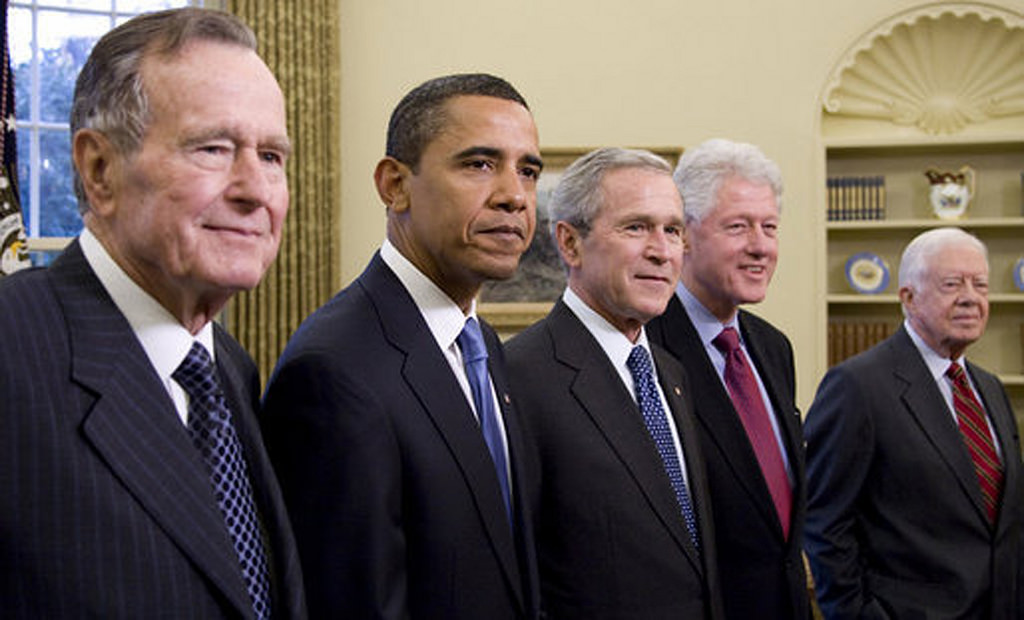Regardless of whether Donald Trump or Hillary Clinton wins November’s election, the next president faces what looks to be a nearly impossible task when it comes to governing: Persuading the other side to compromise.
With the House likely to remain in Republican hands and neither party likely to hold a filibuster-proof Senate majority, successful dealmaking with Congress by the next president would have to overcome massive partisan divisions. Holding your breath doesn’t seem advisable.
But one route to legislative success may lie with the public. If a president could persuade “out-partisans” — citizens who identify with the opposite party — to view her or him as more likeable and trustworthy, perhaps that could put pressure on Congress to compromise. For instance, if a President Clinton could win over some Republican identifiers, GOP members of Congress might be more willing to cut deals with her.
But in an era in which partisan animosity is pervasive, is winning over the other side even possible?
My research suggests that it is — as long as presidents are willing to alienate their own party’s base.
In a series of studies, I find that partisans indeed become more favorable toward, and more trusting of, an “out-party” politician when they do something to displease a key group in the party’s coalition. This also leads them to be more supportive of compromise between the governor and their own party’s politicians.

